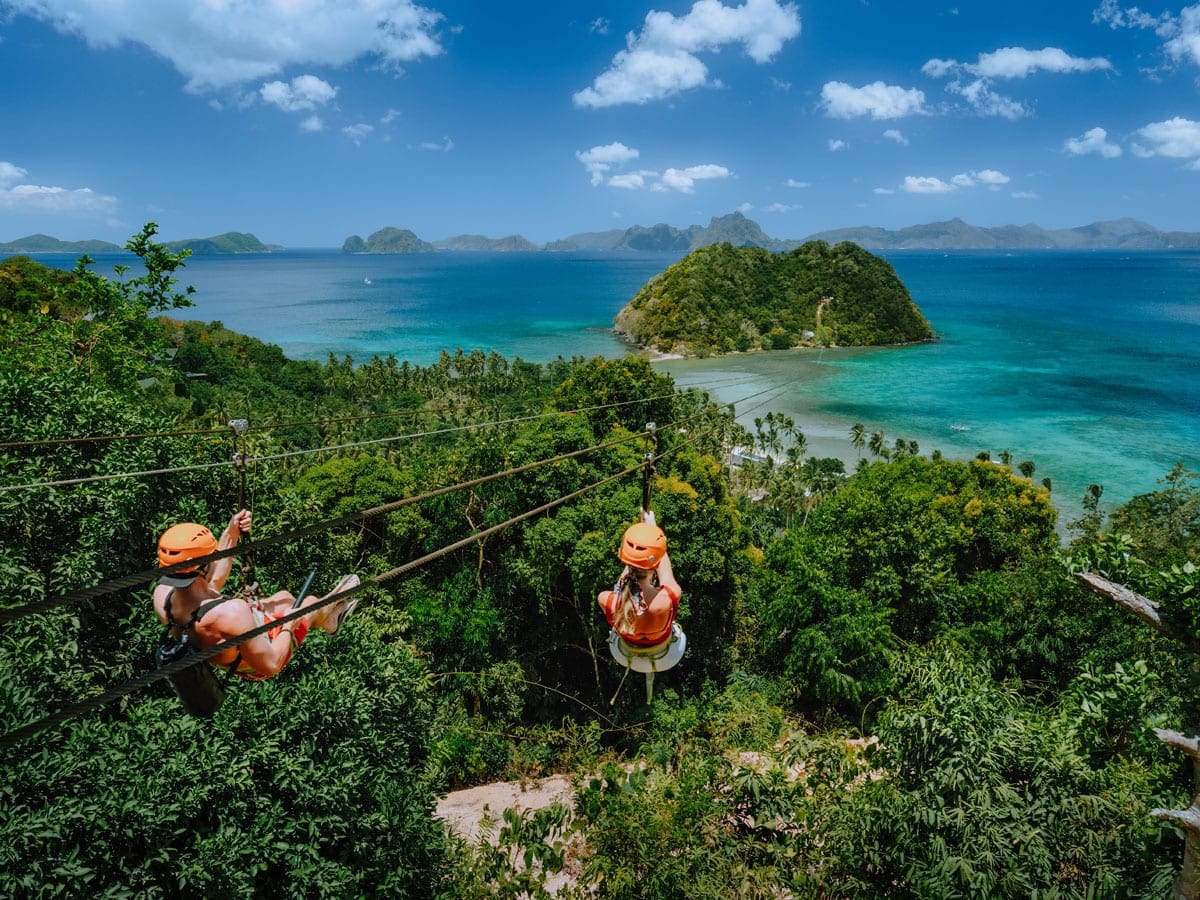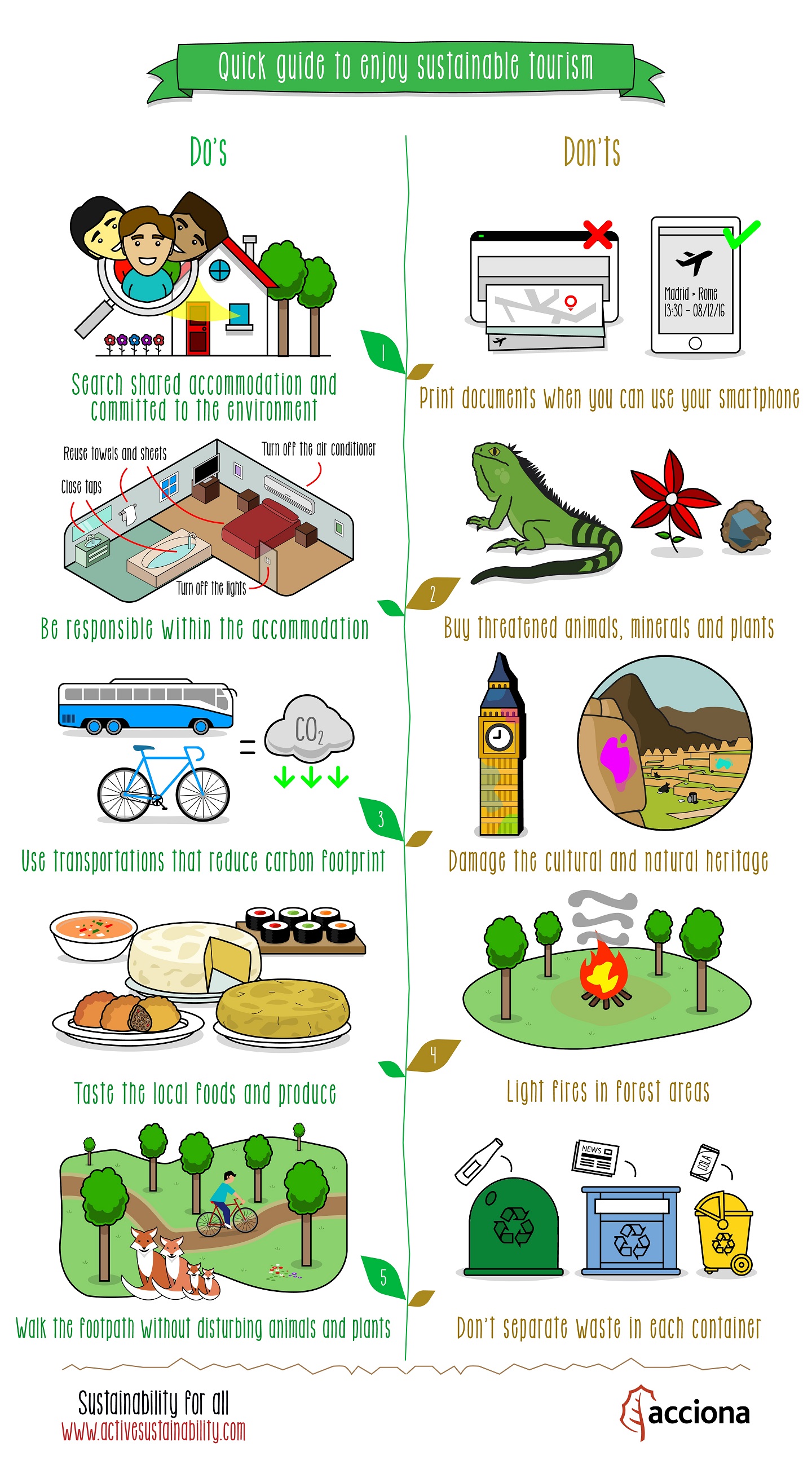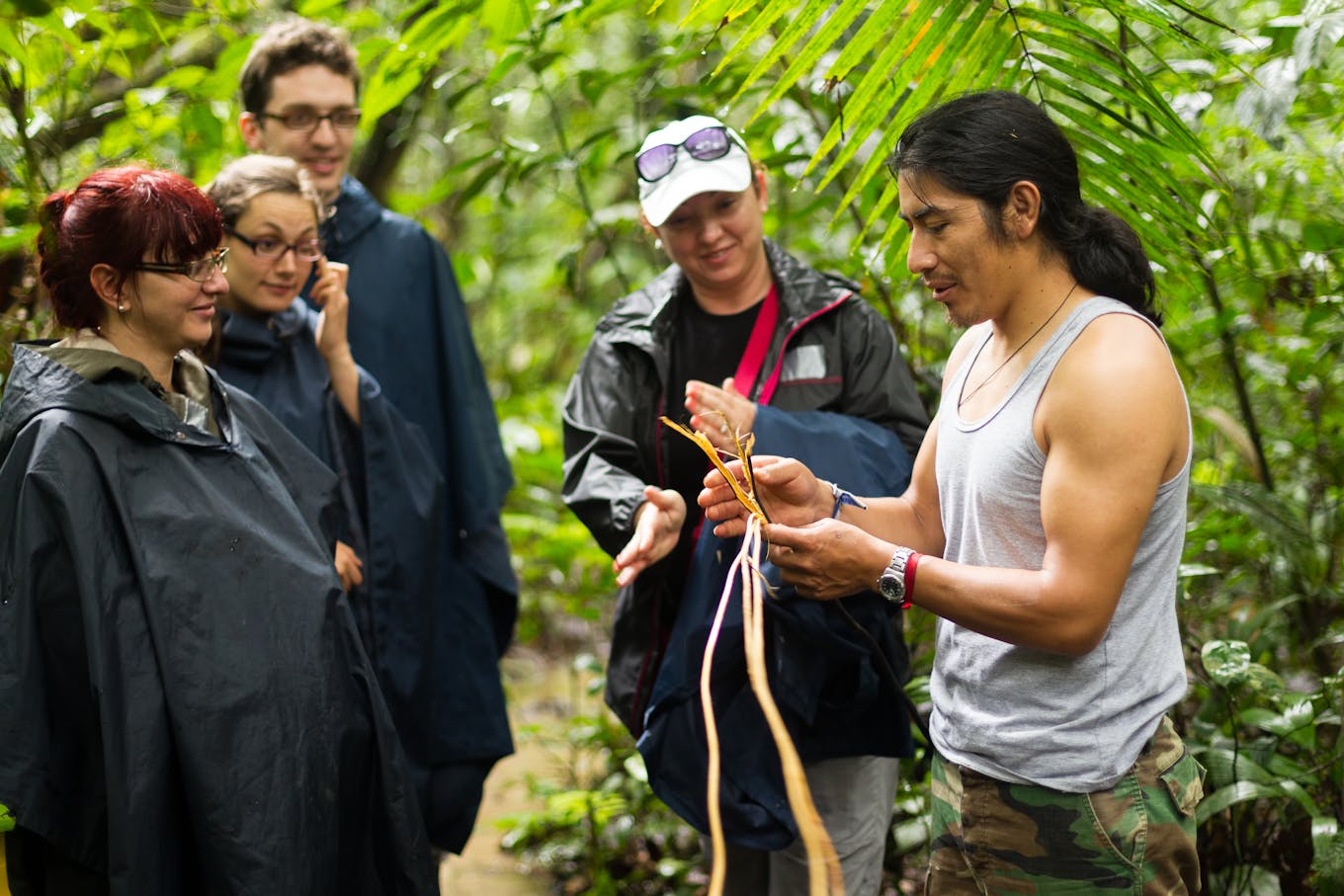The Comprehensive Eco-tourism Guide: Sustainable Travel for the Conscious Explorer
Eco-tourism, a burgeoning travel philosophy, transcends mere sightseeing. It’s a commitment to responsible exploration, where the preservation of natural environments and the well-being of local communities take precedence. This guide aims to equip you with the knowledge and tools to embark on meaningful eco-adventures, leaving a positive footprint on our planet.
Eco-tourism is defined by its core principles:
Minimizing Environmental Impact

This involves reducing carbon emissions, conserving resources, and avoiding activities that disrupt natural habitats. It means choosing eco-friendly transportation, staying in sustainable accommodations, and respecting wildlife.
Supporting Local Communities
Eco-tourism should empower local populations, providing economic benefits and fostering cultural exchange. This involves patronizing local businesses, hiring local guides, and respecting local customs.
Promoting Conservation
Eco-tourists actively contribute to the protection of natural areas and biodiversity. This can be achieved through supporting conservation projects, participating in citizen science initiatives, and educating others about environmental issues.
Education and Awareness
Eco-tourism is a learning experience, fostering a deeper understanding of natural and cultural environments. It involves engaging with local experts, participating in educational programs, and reflecting on the impact of travel.

Planning an eco-tourism trip requires careful consideration and a commitment to responsible practices.
Choosing Sustainable Destinations
Prioritize destinations that have demonstrated a commitment to eco-tourism principles. Look for certifications like the Global Sustainable Tourism Council (GSTC) or those with strong local conservation initiatives.
Researching Eco-Friendly Accommodations
Seek out accommodations that prioritize sustainability. Consider eco-lodges, homestays with local families, or hotels that have implemented green practices like energy efficiency, waste reduction, and water conservation.
Selecting Responsible Tour Operators

Choose tour operators that adhere to eco-tourism guidelines and prioritize local communities. Look for operators that offer small group tours, employ local guides, and contribute to conservation projects.
Packing Light and Smart
Minimize your environmental impact by packing light. Opt for reusable water bottles, biodegradable toiletries, and clothing made from sustainable materials. Avoid single-use plastics and unnecessary packaging.
Choosing Sustainable Transportation
Reduce your carbon footprint by opting for public transportation, trains, or buses whenever possible. When flying, consider carbon offsetting programs.
Once you arrive at your destination, engage in activities that align with eco-tourism principles.
Wildlife Viewing Responsibly
Observe wildlife from a safe distance and avoid disturbing their natural behavior. Never feed animals or participate in activities that exploit them.
Hiking and Trekking Sustainably
Stay on designated trails to avoid damaging fragile ecosystems. Pack out all trash and avoid leaving any trace of your presence.
Supporting Local Crafts and Products
Purchase locally made crafts and products to support local artisans and businesses. Avoid buying souvenirs made from endangered species or unsustainable materials.
Participating in Conservation Activities
Engage in activities like beach cleanups, tree planting, or wildlife monitoring to contribute to conservation efforts.
Respecting Local Cultures
Learn about local customs and traditions before your trip and respect them during your stay. Dress modestly, ask permission before taking photos, and be mindful of local sensitivities.
The world offers a plethora of eco-tourism opportunities. Here are a few examples:
Costa Rica: The Rainforest Paradise
Costa Rica is a pioneer in eco-tourism, offering a wide range of activities like rainforest hikes, wildlife viewing, and sustainable coffee plantation tours.
The Galapagos Islands: A Unique Ecosystem
The Galapagos Islands, a UNESCO World Heritage Site, are home to unique wildlife and fragile ecosystems. Eco-tours focus on minimizing impact and supporting conservation efforts.
Bhutan: The Land of Gross National Happiness
Bhutan prioritizes sustainable development and has a strict tourism policy that limits visitor numbers. Eco-tours focus on cultural immersion and environmental awareness.
The Great Barrier Reef, Australia: Coral Conservation
Choose tour operators that adhere to responsible reef practices, avoid touching coral, and participate in reef restoration projects.
African Safaris: Responsible Wildlife Viewing
Select safari operators that prioritize ethical wildlife viewing, support local communities, and contribute to anti-poaching efforts.
Community Based Tourism in Southeast Asia
Experience authentic cultural exchange by staying in homestays, participating in local activities, and supporting community-run tourism initiatives.
Travel inevitably generates carbon emissions. Carbon offsetting allows you to compensate for these emissions by investing in projects that reduce greenhouse gases.
Choosing Reputable Carbon Offset Providers
Research carbon offset providers and ensure they invest in credible projects that are independently verified.
Understanding Different Carbon Offset Projects
Explore different types of projects, such as reforestation, renewable energy, and energy efficiency initiatives.
Calculating Your Carbon Footprint
Use online calculators to estimate your carbon footprint and determine the amount of carbon offset you need to purchase.
Eco-tourism is constantly evolving, driven by innovation and a growing awareness of environmental issues.
Technological Advancements
Technology is playing a crucial role in enhancing the eco-tourism experience. Apps and platforms provide information on sustainable accommodations, responsible tour operators, and carbon offsetting options.
Community Empowerment
Increasingly, local communities are taking ownership of eco-tourism initiatives, ensuring that benefits flow directly to them.
Regenerative Tourism
A shift towards regenerative tourism is emerging, where the goal is not just to minimize impact but to actively restore and enhance natural and cultural environments.
The Role of Education
Education is paramount in fostering a culture of responsible travel. Eco-tourism initiatives should prioritize educating travelers about environmental issues and promoting sustainable practices.
As an eco-tourist, you have a responsibility to be a conscious and responsible traveler.
Embrace Slow Travel
Take your time to explore destinations, immerse yourself in local cultures, and appreciate the natural environment.
Be a Responsible Consumer
Support local businesses, purchase sustainable products, and avoid contributing to the exploitation of natural resources.
Educate Others
Share your experiences and knowledge with others, inspiring them to embrace eco-tourism principles.
Advocate for Change
Support organizations that are working to promote sustainable tourism and protect the environment.
Continuously Learn and Adapt
Stay informed about environmental issues and adapt your travel practices accordingly.
Eco-tourism is not just a trend; it’s a fundamental shift in how we approach travel. By embracing responsible practices, we can ensure that future generations have the opportunity to experience the wonders of our planet. Let your next adventure be a testament to your commitment to sustainability.


